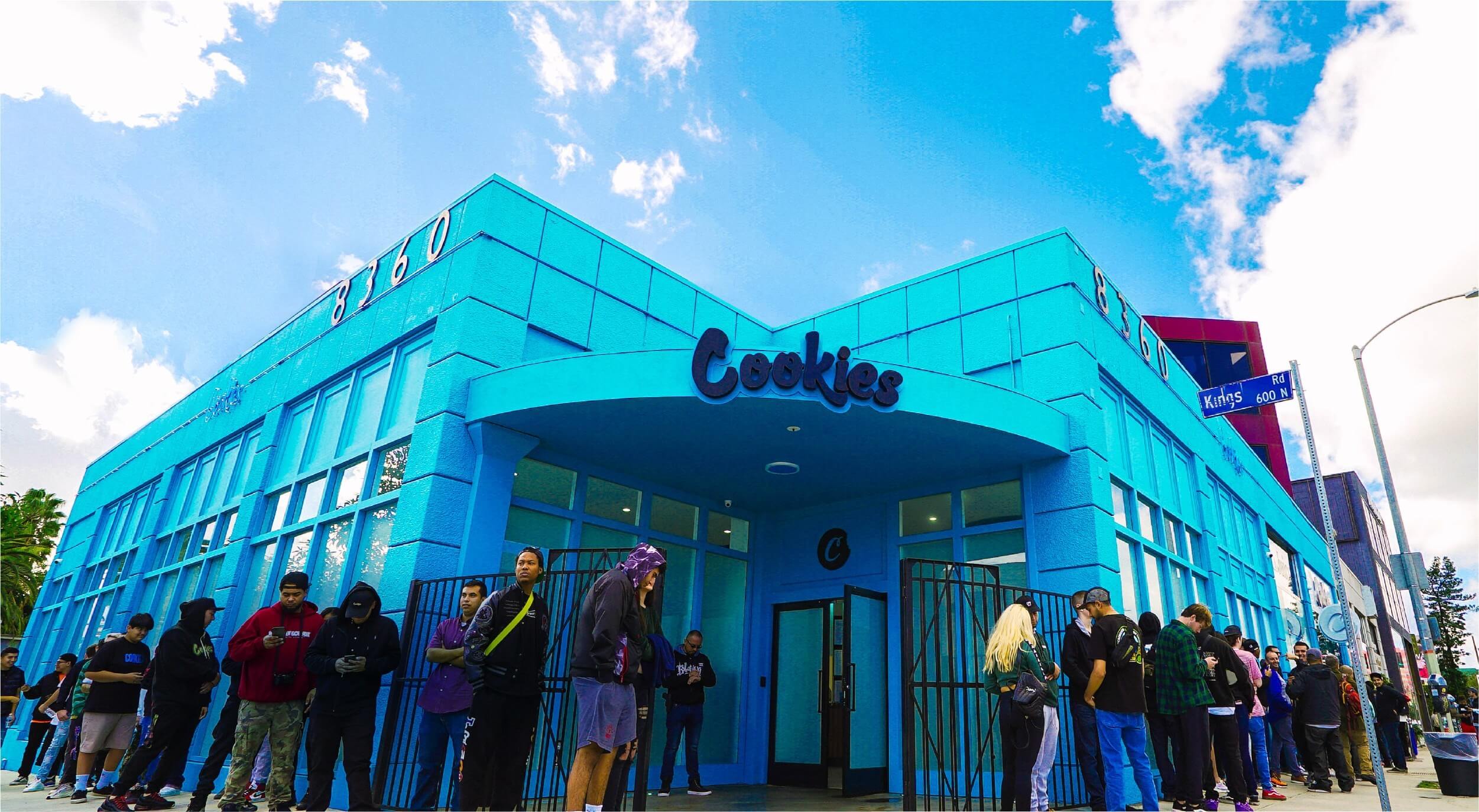California-based Cookies Retail LLC has filed a lawsuit against Gilbert Milam Jr., also known as Berner, and his affiliated companies for alleged violations of state and federal franchise laws, fraudulent misrepresentations, and damages exceeding $100 million. The principals involved in the dispute include Brandon Johnson, co-founder and CEO of TRP, a cannabis cultivation company operating stores under various brands in 14 states.
Licensing Agreements Gone Sour
According to the lawsuit, Johnson and Cookies Retail entered into licensing agreements with Berner’s businesses starting in January 2020 to open Cookies-branded marijuana stores across multiple states. However, the plaintiffs claim that they have since discovered lies and misrepresentations made by the defendants regarding the profitability of the stores and other business aspects, resulting in severe financial damage.
Were Cookies Stores Franchises or Just Licensing Deals?
The legal battle raises questions about whether the parties’ relationship was a franchise agreement or simply a licensing deal. This distinction is based on the control exerted over one party’s business operations. If deemed a franchise agreement, the case would fall under the purview of stricter regulations and requirements, while a mere licensing deal would offer more flexibility and fewer constraints.
New York Intellectual Property Suit and Culture House Store Dispute
The lawsuit filed by Cookies Retail also mentions a separate suit in New York, which could grant exclusive rights to the company for intellectual property related to strain names and logos. Another point of contention involves a store called “Culture House” allegedly using trademarks without permission from Cookies Retail.
Accusations of Personal Expense Misuse and Threats
The suit further asserts that Milam and other executives misused investor funds for personal expenses, contributing to financial issues within the company. Conflicts between the parties escalated when principals from Cookies allegedly threatened physical violence against Cookies Retail and manipulated various aspects of their business operations.
The Repercussions of a Complex Legal Battle
As this lawsuit unfolds, the outcome could set precedents and shed light on the thin line between licensing agreements and franchise agreements in the rapidly expanding legal marijuana retail market. Franchise law violations can carry severe penalties, raising the stakes for all involved parties. The repercussions may affect the companies directly engaged in the dispute and alter the course for other burgeoning businesses eyeing similar expansion strategies.
Implications for the Cannabis Industry
While the finer details of the Cookies Retail vs. Milam’s companies lawsuit continue to be investigated, the case serves as a cautionary tale for others in the cannabis industry. Striking the right balance between maintaining brand control and avoiding potential legal pitfalls in franchising or licensing marijuana stores is crucial for sustained growth. This complex legal battle illustrates the importance of ensuring clear communication and transparency in business relationships, particularly in an industry with stringent regulations and oversight.
Moving Forward: Learning from the Dispute
Legal disputes such as the one between Cookies Retail LLC and Gilbert Milam Jr.’s companies provide valuable insights into the challenges and opportunities facing the emerging cannabis market. Entrepreneurs and investors exploring this dynamic sector should carefully consider the terms and conditions of licensing and franchising agreements before forging ahead to avoid finding themselves entangled in costly litigation.





